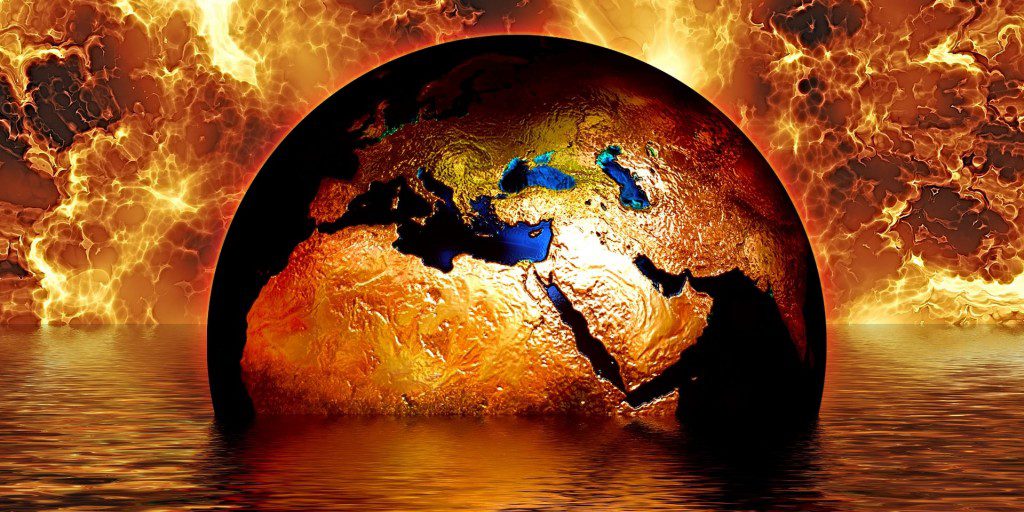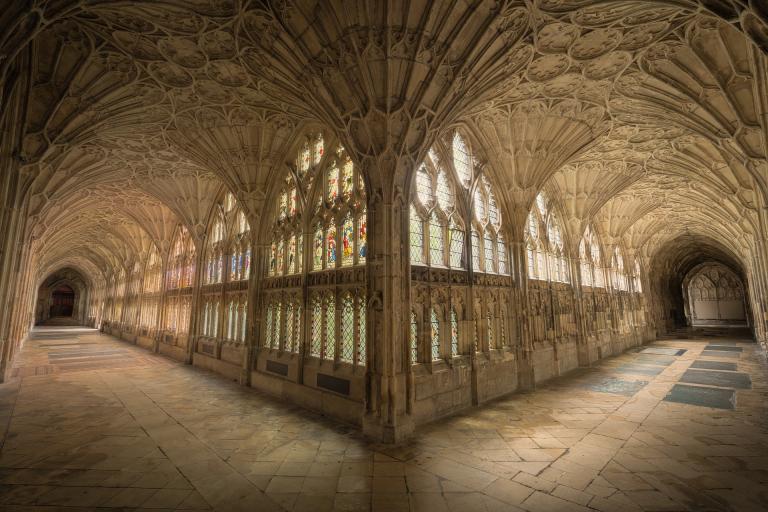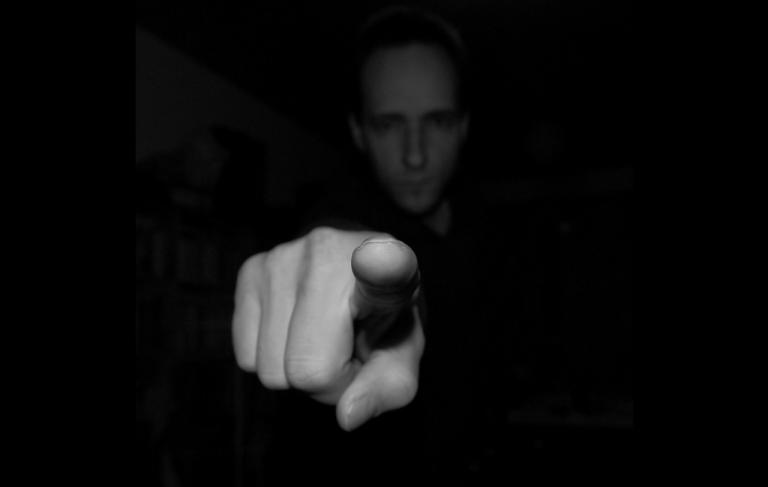This began as a reply to Max Lindenman’s post Contra Mindy Selmys but it was kind of transformed in the course of listening to the readings at Mass today which invite us to reflect on the apocalypse.
A great deal has been made in the media recently about the apocalyptic ambitions of ISIS. I won’t pretend that I know anything about Islamic theology (I don’t), or about how the apocalypse figures into it. I suspect that asking that question about Islam is about as meaningful as asking it about Christianity. Ask a skeptical Jesuit historian, they’ll probably tell you that the apocalyptic passages in Scripture were a prophecy of the events of 70 AD. Ask a red blooded American country-and-western singer and they’ll tell you it’s easy to see that it’s happenin’ now. Ask a random Anglican church lady and she’ll look a little befuddled and say it’s not something she ever thinks about.
All of these answers, and dozens more, are absolutely typical of Christianity. They’re just typical of very different kinds of Christianity.
So instead of asking what Muslim theology says about the end of the world, I want to look instead at the psychology of apocalypticism which is more or less universal to all cultures and religions, and even to atheists – after all, it’s perfectly possible to dream of the creation of a zombie virus, or an impending alien invasion, without having any religious belief at all.
A lot of people think that obsession with the apocalypse is based in fear or paranoia, and in a sense that’s true. But it’s not a morbid fear. Apocalyptic obsessions always bring with them a belief, or at least a hope, that the person who holds them will be among the saved. Whether that means salvation in paradise, or whether it means that you’re gonna be one of the survivors because you have a bomb shelter and a stash of gasoline, doesn’t matter all that much. The important thing is that the world as you know it will cease. Everything will be wiped away. And in the end, you will remain.
Cataclysmic fantasies of this type are actually a common psychological reaction to feelings of intense stress and powerlessness. I know for myself, if I feel like I’m under unbearable pressure with no reasonable means of escape it doesn’t take all that long before I’ll start to compulsively fantasize about enduring some kind of definitive disaster. A car accident, maybe. Or the death of my husband. Or a violent assault.
These fantasies are not a projection. They’re not my fears about the present situation writ large. Nor are they a means of calming myself down by gaining some perspective on my current, relatively trivial problems. Indeed, the fantasies are not fearful at all. They’re hopeful.
What’s essential is that the calamity will erase the present problems. It will be something severe enough that outside powers (usually my family and friends) will immediately and naturally intercede to save and support me. They are also swift and decisive. No waiting around in anxiety. No struggling to get through. Nothing to do except to suffer briefly, and then rest and recover.
That’s the essence of the fantasy. That it will all be over and I’ll be able to just stop, completely, and stand down.
Apocalyptic obsessions are, I think, just this same psychology writ large. When your problems are personal problems, a simple, personal catastrophe would be enough. But what are supposed to do when faced with an unendurable stress or anxiety that afflicts your entire community? Your country? The whole world?
That’s when you need an apocalypse.
In the American context, this mostly expresses itself through conspiracy theories and hysterical reactions to seemingly trivial matters. The red cups fiasco, for example. Nobody is actually offended by disposable drinking vessels containing overpriced coffee. Rather, the lack of Christmas decoration hits a nerve because it awaken a constant fear, a perennial stress, among Americans who grew up with traditional middle American Christian culture. Specifically, they feel that their way of life, their history, their culture and their very civilization is being eroded, invaded by foreign values, attacked by powerful forces which they can neither fight nor control and against which, increasingly, they have no lawful recourse.
The natural response to this state of affairs is defensiveness, entrenchment, hyper-sensitivity, a feeling of being at war, of being constantly under attack, and a fear that things are only going to worse. And out of that comes a desire for them to get radically worse in a cataclysmic way: for the suffering and stress that one is feeling every single day to finally become sufficiently manifest that others will notice, and that it will become justifiable to take decisive action. Or, ideally, for things to become so bad that God will have no recourse but to smite the evildoers forever and rapture His people up into glory.
But the truth is, in America things aren’t actually that bad. The stresses on American Christians are real, but in the grand scheme of things they’re not that grave. Yes, your neighbour can have an abortion. But nobody will force you to have one. No, the Lord’s Prayer will not be recited anymore at your local public school. But you are still perfectly free to send your kid to a school where it will be recited. Yes, you might be fined for failing to bake a gay wedding cake. But no, you will not be fed to lions for failing to burn incense to Eros.
In Iraq, it is that bad. This article, about an interview with an ISIS prisoner, is very revealing – but it isn’t shocking. The people fighting for ISIS are not motivated primarily by a radical Islamic ideology. They’re motivated by a feeling that their entire world has been torn apart, that their culture – and most importantly their families – are under attack by Western forces. That they are powerless. That they need the conflict to come to a final and decisive end.
Most of these people have no idea about the complexities of the socio-political situation in the Middle East going back to the dawn of the Cold War. They aren’t able to trace the roots of the conflict all the way back to the tensions between Europe and the Ottoman Empire. Or the Crusades. Or the volatile politics of the period after the decline of the Roman Empire, when Islam was born. These are men in their twenties with a grade 6 education.
What they do know is that they have lived their entire lives surrounded by the horrors and uncertainties of war. When their leaders tell them that their way of life is under attack, they don’t have to fish up a few scattered cases of mild persecution. They don’t have to appeal to convoluted theories about government cover-ups and secret cabals. They don’t have to draw on fears that largely peaceful immigrants will suddenly turn into an occupying army. They don’t have to invent stories about weapons of mass destruction that don’t exist.
Because there is an occupying army right there, in the streets. There are people being shot and killed and tortured, not in isolated attacks every couple of years, but routinely. Day by day. When the papers say that there is a bomb strike being discussed, it’s not idle speculation or fear-mongering that will probably come to nothing. The bombs will probably fall. They have before.
The fears that these people live with are not trumped up, hysterical or abstract. They’re real. For a lot of the young men in ISIS, they are the only reality that they’ve ever known.
I don’t know what that’s like. I do know that I start to crumble psychologically with stresses that are unbelievably trivial compared to those faced by people living in the Middle East. I know that I start to fear for my way of life, for the survival of my civilization, based on threats that are infinitely abstract and fanciful compared to the real threats that these people face. I have absolutely no idea what I would do, how I would think, what kinds of evil would start to seem justified if I were in their place.
I don’t mean to excuse the evil of terrorism, but rather, hopefully, to try to understand it. So long as we see our enemies as monsters, divorced from any kind of ordinary human motivations that we can relate to, our only hope is to exterminate them. But this is exactly what they fear: that the West intends nothing less than the total destruction of their families, their culture, their way of life.
The truth is, for the most part our enemies are not monsters. They are people traumatized by the realities of war, faced with indefinite foreign occupation, lacking real political power, with no security and no means of escape. It is because they are desperate that they dream of the apocalypse. It is because they see no other way out that some of them come to believe that they can bring the apocalypse about.
Only if we see them as human, only if we seek justice through solidarity, only if we offer forgiveness by first seeking repentance for our own sins, does it become possible to move towards a solution. One in which their lives can become endurable, so that suicidal apocalyptic fantasies — and suicidal, apocalyptic acts of terrorism — are not their only hope.













